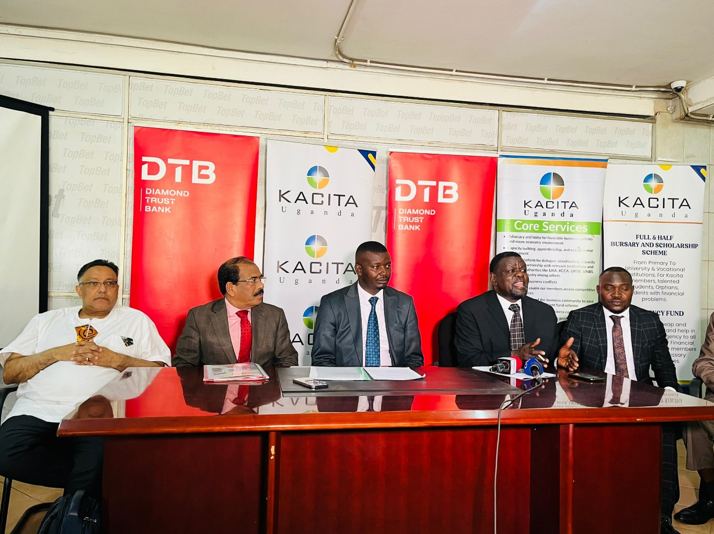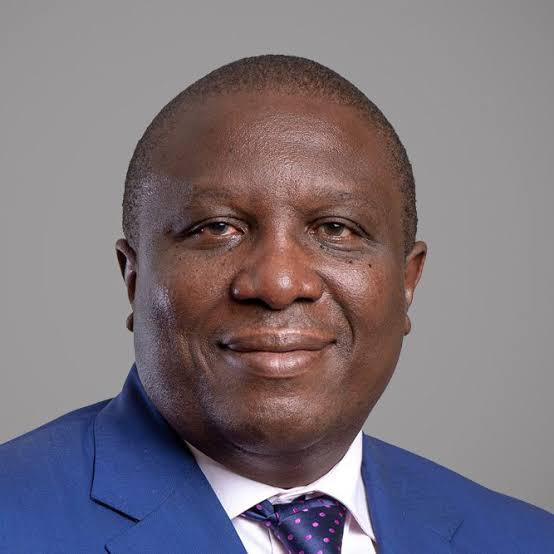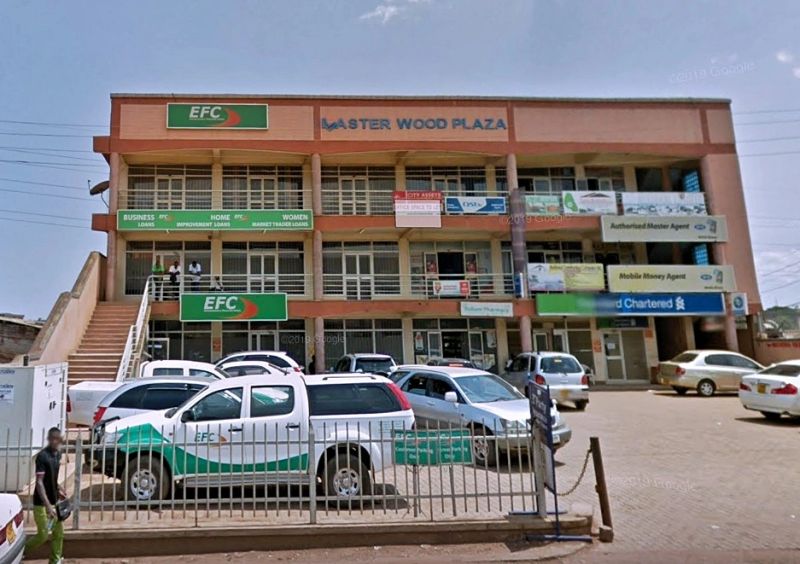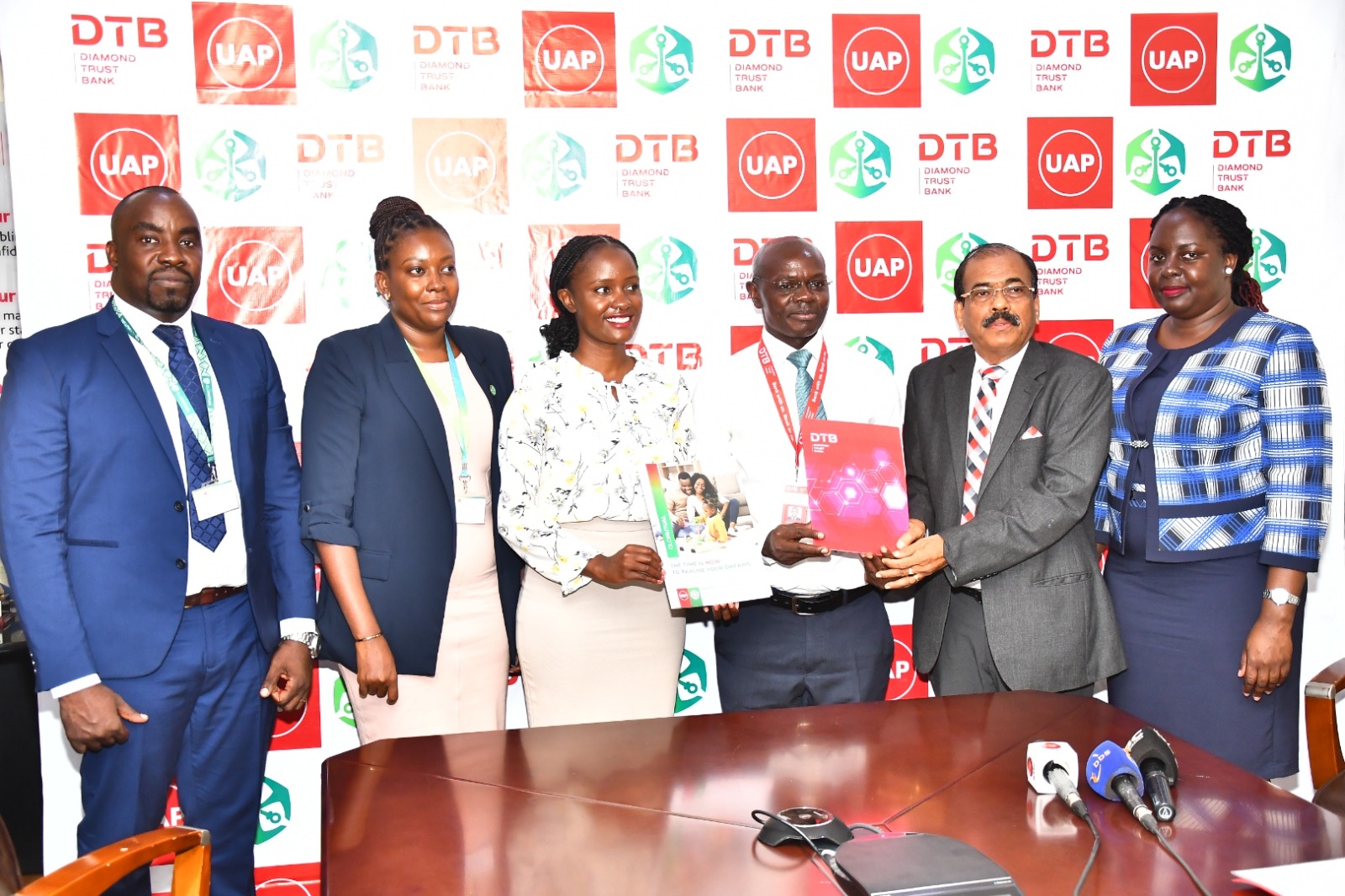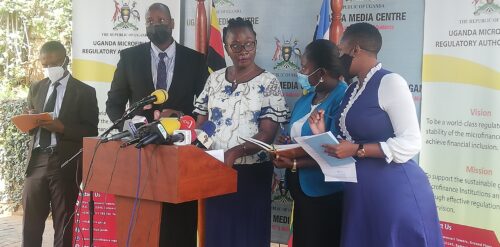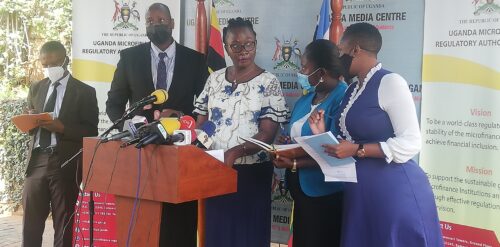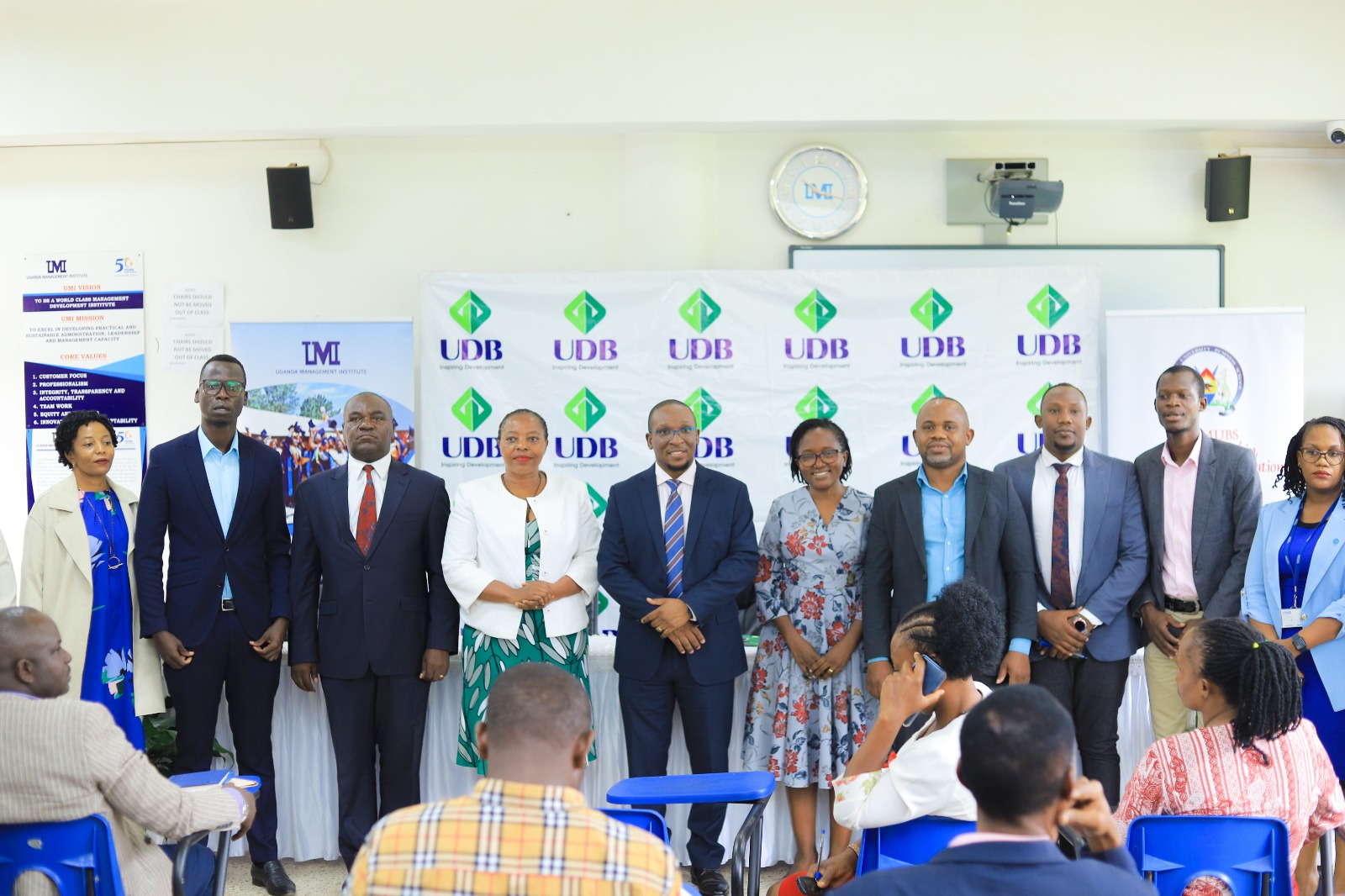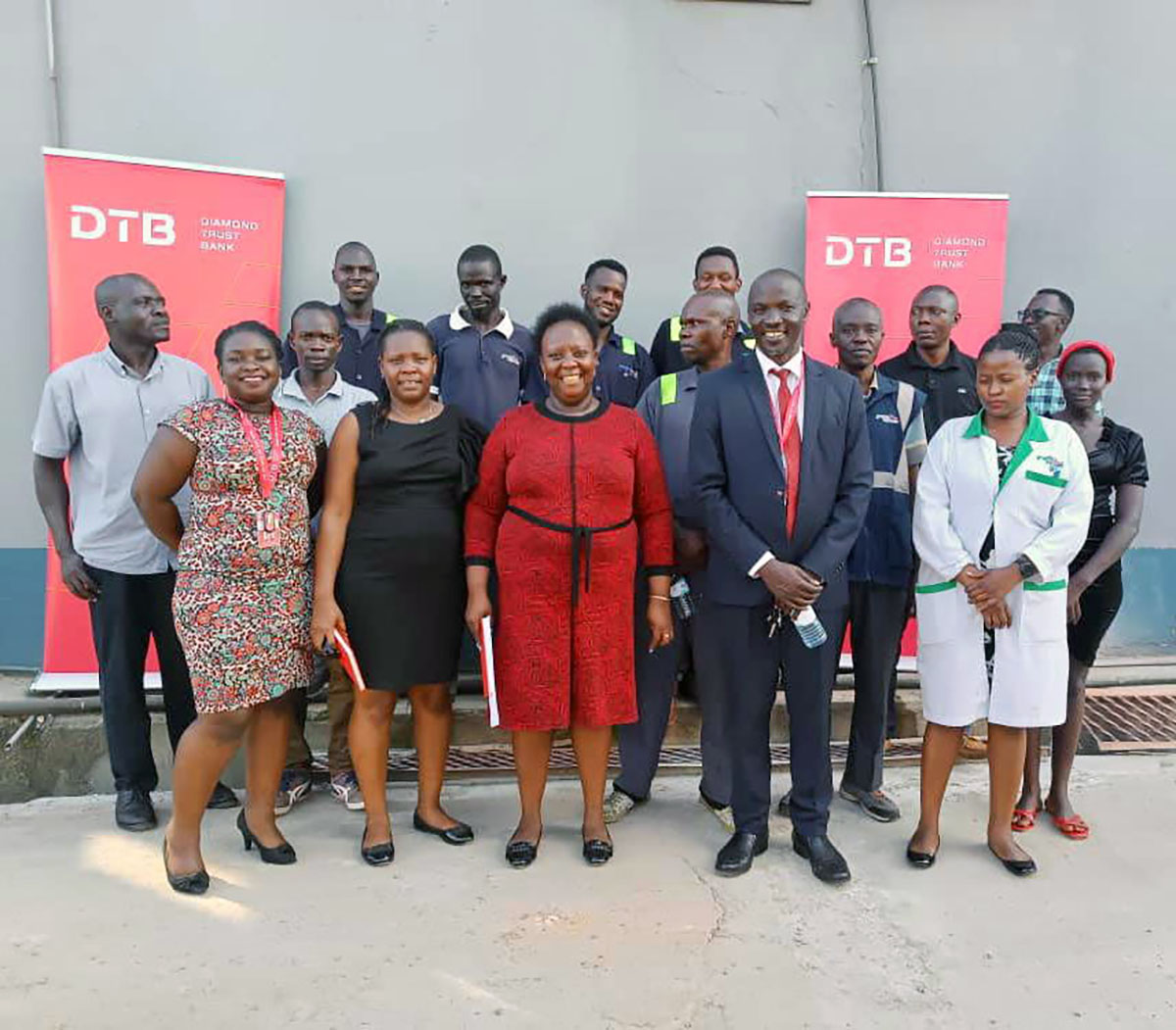Mixed reactions as Bank of Uganda goes for gold

As a strategic store of value, gold makes a significant portion of the Central Bank's reserves.
The Bank of Uganda (BoU) says it is set to start buying gold from the local market, amid concern over the ramifications on the economy given the country’s unregulated or non-transparent market environment.
The objective of the initiative dubbed, Domestic Gold Purchase Program, is to support the government's value-addition efforts in regard to the country’s mineral resources, mitigate the country's reliance on imports of raw gold, and lift household incomes.
According to the BoU's state of the economy report for 2024, the gold purchase plan is designed to build the country's foreign reserves and minimize risks associated with reserve investments.
- “This initiative is expected to support the government’s ongoing value addition to the minerals and Import Substitution Strategy by reducing the imports of raw gold into the country. By purchasing gold directly from the artisanal miners, the BoU will also be supporting the livelihoods of artisanal and small-scale miners, and this has positive spill-over effects on other sectors of the economy in line with the Central Bank’s mission of supporting the governments socio-economic transformation,” the report reads in part.
It adds; “With the BOU plan to purchase gold locally from the artisanal miners to complement existing measures to accumulate international reserves, imports of raw gold are expected to reduce, contributing to the reduction in total imports, in turn leading to a decrease in both trade deficit and current account deficit.”
According to the BoU, the importation of raw gold has been a substantial drain on the country's finances. The latest figures indicate that Uganda loses approximately $200 million annually from the import of raw gold.
- Speaking at the ‘Gold in Banking Conference’ held in Kampala on July 11, various stakeholders were cautiously positive about the development saying it was a welcome move.
 Dr. Michael Atingi-Ego, the Deputy Central Bank Governor
Dr. Michael Atingi-Ego, the Deputy Central Bank GovernorKepher Kuchana, the Director the Government Analytical Laboratory at the Ministry of Internal Affairs, who represented his Minister Kahinda Otafiire, urged BoU to adopt a framework to curb illicit gold markets and to ensure buy-in from all the stakeholders. James Byaruhanga, an artisanal miner from Mubende, expressed optimism about the program, describing it a “game-changer.” “For years, we have struggled to find stable markets for our gold. The BOU’s initiative is a game-changer for us. It not only guarantees a fair price for our hard work but also recognizes the importance of our contribution to the economy."
It is not yet clear when the Domestic Gold Purchase Program would kick off officially or how it would be regulated, but some experts say it should be handled with care as it may come with some ramifications for the economy.
One of the BoU’s key functions is to manages Uganda's foreign exchange reserves – held in hard currencies, gold and other assets - and to intervene in the foreign exchange market to stabilize the exchange rate and ensure orderly market conditions.
Gold reserves act as a hedge against inflation and as a financial cover during geopolitical and macroeconomic uncertainty. Gold is considered a low-risk asset compared to other investments. Central banks often use gold to manage risks associated with fluctuations in currency values and interest rates.
- Holding a substantial amount of gold reserves could enhance a central bank's credibility and inspire confidence among investors and the public regarding the stability of the country's financial system. Also, Central banks may strategically acquire gold as part of a long-term plan to strengthen their economic position globally or to influence international financial markets.
- However, some Central banks avoid getting involved in buying gold locally due to con-cerns over market stability, regulatory compliance and logistical challenges, and the need for internationally recognized standards of security and authenticity of the com-modity. For example, local gold purchases could be vulnerable to manipulation or insid-er trading, and more so given our unregulated or non-transparent market environment
Also, for the Central bank as a bulk purchaser of gold, buying large quantities of gold locally could distort local prices and disrupt the market, potentially leading to volatility or speculation.
In recent years, Uganda has emerged as one of the continent’s leading gold refiners and exporters. However, pressure has been mounting on gold producers in regard to rampant tax evasion, prompting URA to caution airlines operating in Uganda not to accept any gold shipments from Uganda unless the exporters have proof of settling their tax obligations.
Last year, Parliament passed the Mining and Minerals Export Levy on Refined Gold Regulations 2023 that provided for an export levy of 5% on the value of refined gold for export as well as a 10% tax on unrefined gold. It is not yet clear how BoU’s proposed Domestic Gold Purchase Program would impact URA’s revenue collection efforts.








